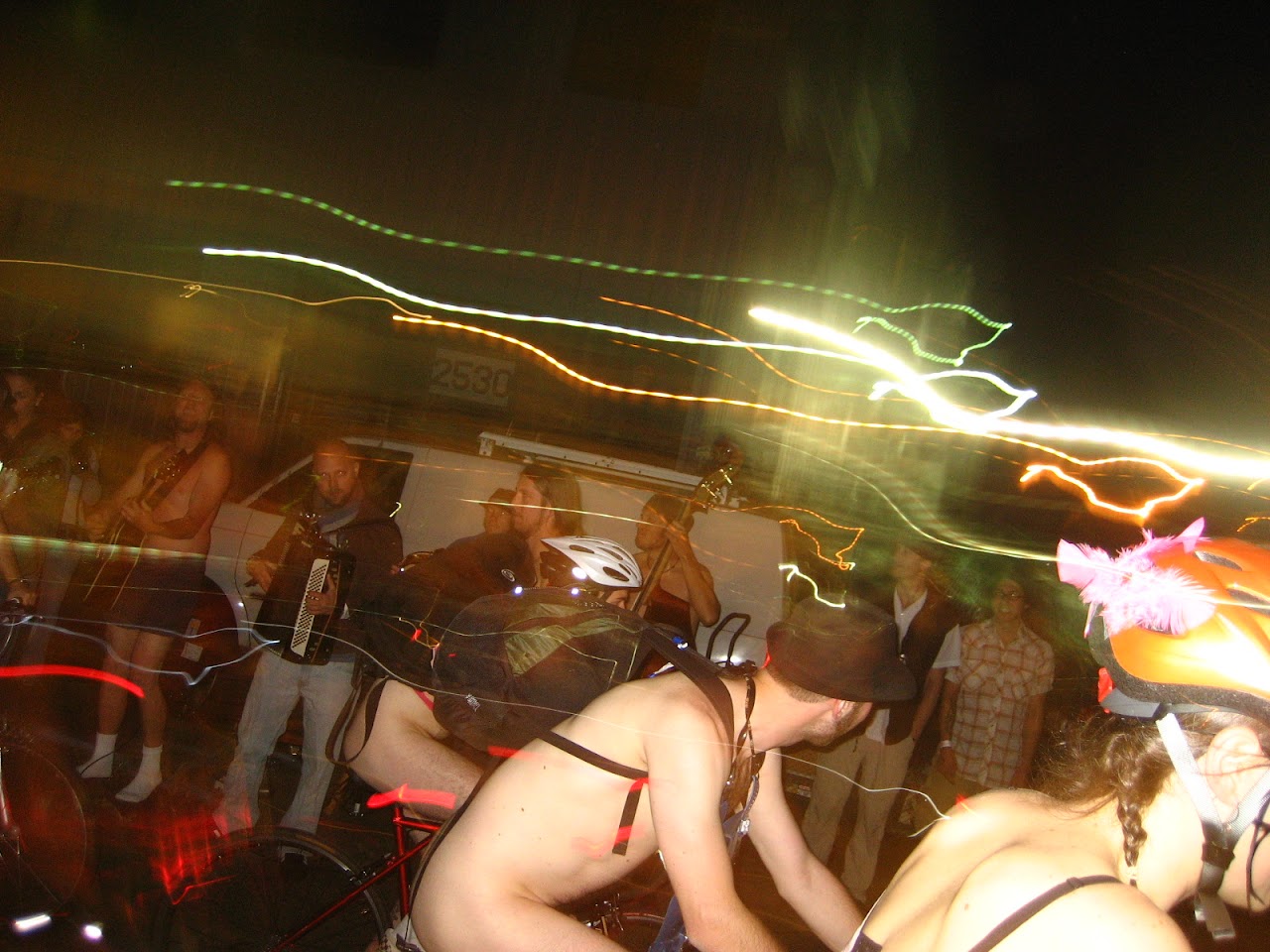Portland observes World Naked Bike Ride every year

A familiar slogan is “Keep Portland Weird.” And one of the more unusual events in Portland is the World Naked Bike Ride. This is an annual event that occurs in 70 cities and 20 countries, including Portland.
The World Naked Bike Ride is officially a protest. Organizers want to highlight the vulnerability of bicycle riders everywhere and draw attention to society’s dependence on energy from oil and other sources that pollute the environment. It also promotes positive body image by including people of all ages, shapes, sizes, etc.
In Portland, the 2019 ride was Saturday evening, June 29. The free, six-mile bike ride started at Laurelhurst Park in Southeast Portland. Portland’s annual World Naked Bike Ride first started in 2004 with only 125 riders. Today, the number is closer to 10,000 participants.
Riders are encouraged to be “as bare as you dare,” which means that clothing is optional. Riders can wear as much or as little clothing as they want — or no clothing at all. Many riders typically wear shoes and a helmet. They use nudity to draw attention to the event and its purpose as a peaceful protest.
But isn’t public nudity illegal? This is what the Portland World Naked Bike Ride website says:
“Though some Portland citizens may wish it was, it’s not. … Since this is a protest, it’s protected by Oregon’s constitution. Nudity as a form of protest is protected, but lewd [sexual] behavior, as defined by Oregon law, is not.”
-This story was first published in ESOL News Oregon June 30, 2019.
Check
Discuss
- Would you participate in the Naked Bike Ride? Why or why not?
- Some cultures highly value modesty (for example, when someone covers their skin or hair). What value do you think most Americans place on modesty?
- How do you think the Naked Bike Ride is a different experience for men than for women? Explain your answer.
- One of the goals of the Naked Bike Ride is to promote positive body image. What does this mean? Compare and contrast how people feel about their bodies in the United States with your culture.
Write
- How is participating in a naked bike ride an effective form of protest? If people want to draw attention to the vulnerability of bike riders and to dependence on fossil fuels, would it be more effective to donate money to an advocacy organization or write a blog post? Argue both for and against using unorthodox methods like a naked bike ride for highlighting problems in our world today. Bring in other examples like guerrilla art projects by Banksy or Greta Thunberg’s climate strikes.
- What happens to our feelings of bravery or fear when we participate in a group activity? For some people, they might get courage from being with others; for others, they might feel more empowered to act alone. What about you? Do you think being a part of a large group like a naked bike ride would feel motivating? Terrifying? Explain.
- Were you surprised to learn that public nudity is not against the law in Oregon? What do you think about this?
- The Naked Bike Ride is one kind of non-violent protest. How else can people protest as a group or individually? Do some research on famous protests throughout history. Describe them and explain how they were (or were not) effective.
Sources
Swindler, Samantha. “2019 World Naked Bike Ride Rolls through Portland (Photos).” Oregonlive.Com, oregonlive.com, 30 June 2019, www.oregonlive.com/news/2019/06/2019-world-naked-bike-ride-rolls-through-portland-photos.html. Accessed 30 June 2019.
“World Naked Bike Ride.” World Naked Bike Ride, 13 June 2014, pdxwnbr.org/. Accessed 30 June 2019.
“World Naked Bike Ride (WNBR) – Naked Bicycle People! Stop Indecent Exposure to Vehicle Emissions!” Worldnakedbikeride.Org, 2009, www.worldnakedbikeride.org/. Accessed 30 June 2019.
Image: shawn from P-town [CC BY-SA 2.0 (https://creativecommons.org/licenses/by-sa/2.0)]

